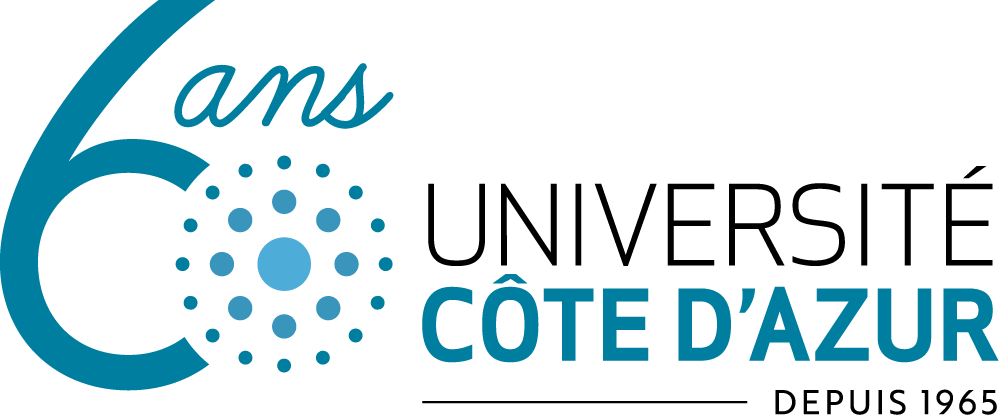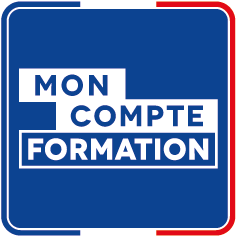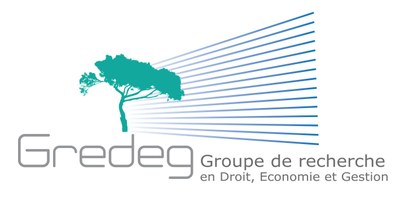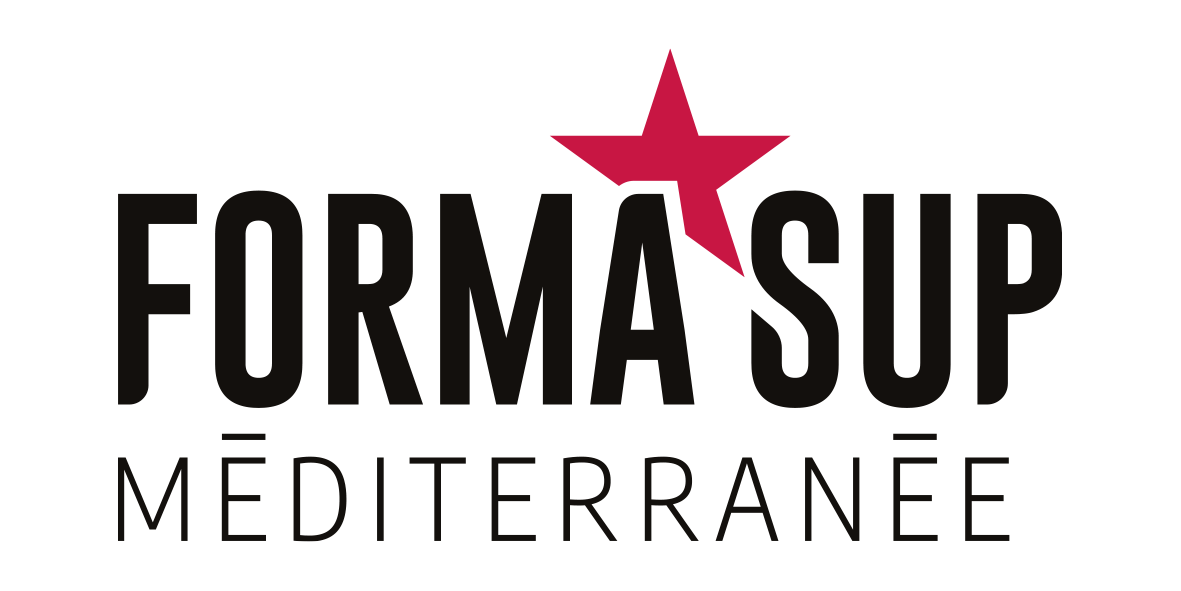PARCOURS - Expertise et analyse des données économiques
- Economy-Management
- Law
- Political Science
PARCOURS - Expertise et analyse des données économiques
Details
Informations
Type of program
Initial education
Continuing education
Work-study
- Professionalization contract
- Apprenticeship contract
Program available in distance learning
Employability rate
- 100%* 6 months after graduation
*Source: Observatory of Student Life - class of 2023 (former name of the program: master's degree in economics, economic expertise track)
Admission
Prerequisite
Graduate level
Conditions of applications
Conditions of admission / Conditions of successful application
- Excellent academic preparation
- Strong motivation
Program
School and work experience alternating
Attending
Second-year students can choose a work-study format, with a professionalization or apprenticeship contract.
Distance learning is available for M2 students on work-study contracts working in a company outside the PACA region.
What's next ?
Level of education obtained after completion
Degree equivalent to 4 or 5 years' higher education (Bac +4 & Bac +5)
RNCP URL of content
Target activities / attested skills
Students can pursue a doctorate after the master’s degree.
Employability rate 6 months after graduation: 100% (class of 2023).
Publié le September 10, 2024
–
Mise à jour le August 26, 2025






















